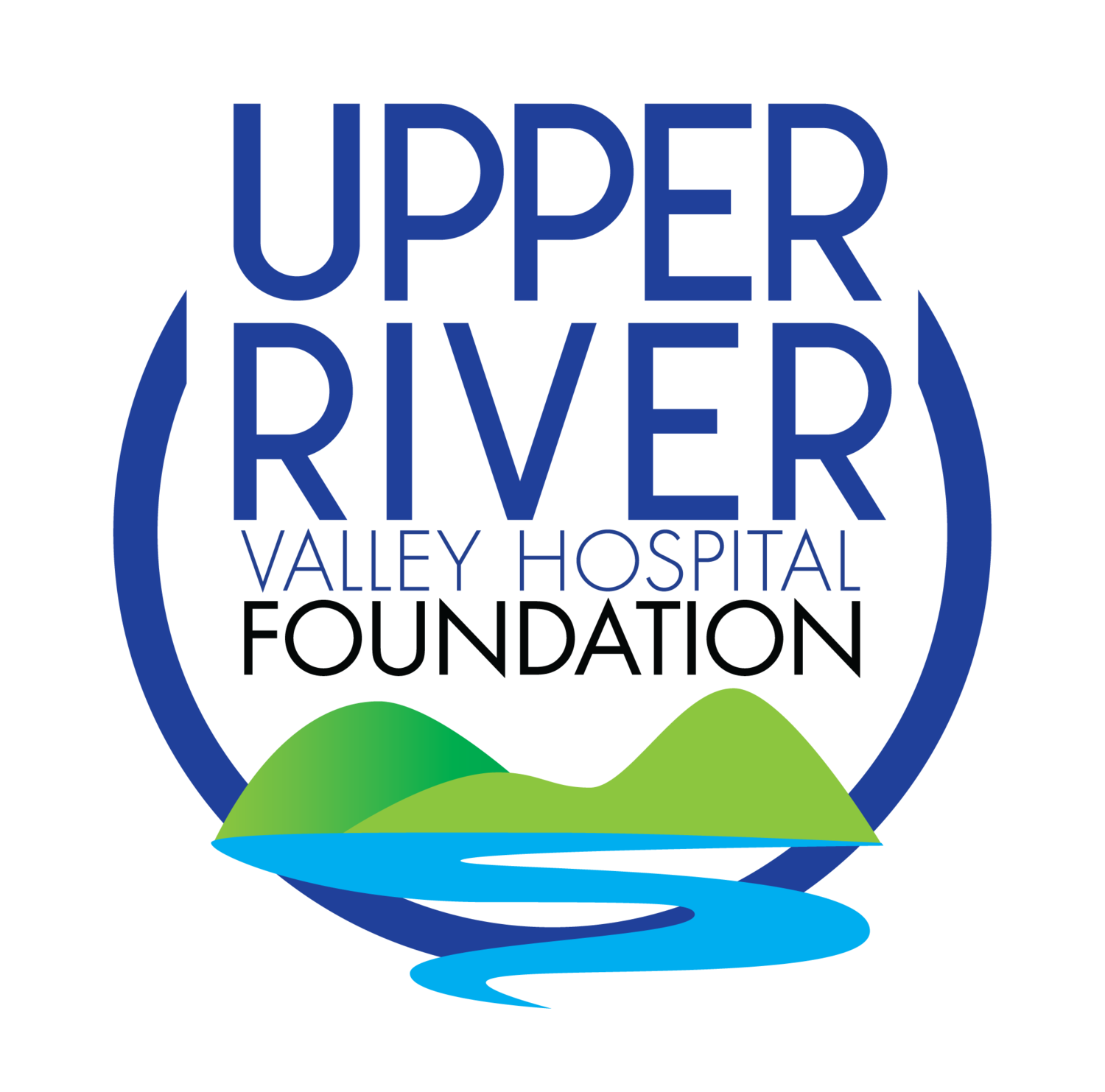We work to ensure your health is always top of mind
The Upper River Valley Hospital Foundation works to secure funds for specialized equipment and healthcare services in the Upper River Valley Hospital. Serving an area of 45,000 residents, the aim is to elevate patient care in the River Valley.
Recent Purchases
Thank you to our generous donors. Without your support, we would not have been able to purchase these items totaling an expenditure of $165,000. The list of needed items was identified by the URVH staff.
-
Cost: $9,278
Use: Used for existing Sonosite, this is used for non-invasive tests to evaluate blood flow in the arteries and veins in the arms, neck and legs.
-
Cost: $32,870
Use: Including a stand and monitoring kits, this monitor allows the fetus to be continuously monitored as the mother moves around.
-
Cost: $29,647
-
Cost: $7,575
Use: Used for checking a mother’s uterine position, to remove C-Section staples and to assist Lactation Consultant for breast-feeding assessments.
-
Cost: $15,995 each
Use: Shared by departments, this provides a non-invasive measurement of urinary bladder volume.
-
Cost: $14,900 each
Use: These warmers provide patient comfort.
November 2023 Purchase
In November 2023, the Upper River Valley Hospital Foundation successfully completed fundraising for the purchase of a Semen Analyzer for the Upper River Valley Hospital. Currently, samples are analyzed manually in a subjective process; the new machine will automate the process.
Semen analysis is a lab test ordered for many reasons, including fertility and post-vasectomy patients. Analysis is a non-urgent, booked test, and the addition of an automatic analyzer has benefits for both staff and patients.
Ashley Bryant from vendor Medical Equipment Services (MES), was onsite for validation and technologist training. He said the transportation of the device requires a period of recalibration and retesting, and the DECRH location was chosen as it has a higher sample volume which means the testing and training is more efficient. Following the training, the machine will be transported to Upper River Valley Hospital where it will begin serving those patients by late spring.
Pictured with Ashley are Kim McLaughlin and Katie Findlater, staff at URVH.




